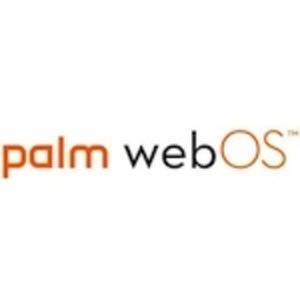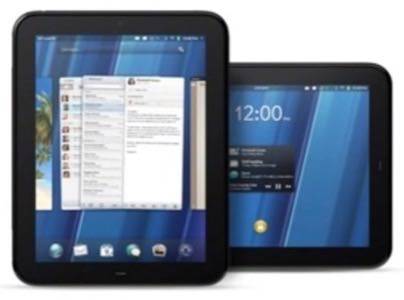A few days ago, HP announced it was opening its doors to developers who want to submit applications for its forthcoming TouchPad tablet. The TouchPad, a 10-inch tablet built using the webOS mobile operating system, is set to debut later this summer. While many developers are already over-committed in terms of platforms they must build for – iOS, Android, BlackBerry, the Web, and others – HP promises that its development process is one of the easiest there is. Most of the apps are written in JavaScript, with HTML and CSS used as the presentation layer. And once you’re in dev mode, says HP, it’s just Linux and WebKit.

In-App Purchases Available at Launch

There’s some other good news for webOS developers, too. HP also said that in-app purchases will be arriving in webOS 3.0, and developers can begin the implementation of this feature today. Starting now, registered developers can log in to create the items that will be available via in-app purchase.
The next Early Access release of the SDK will include documentation on adding the in-app purchase code in your mobile apps. And a couple of weeks from now, developers will be able to submit their in-app items for review.
Existing webOS Apps Supported on TouchPad
The TouchPad will support the thousands of existing webOS apps, HP notes, in addition to those built just for the new tablet. All Mojo apps will run in “Mojo compatibility mode,” which is a window sized to the original app’s resolution and with an onscreen keyboard and gesture area.
In addition, many current PDK apps will come to the TouchPad after testing is complete. These will run in “PDK portability mode.” This mode will not include the onscreen keyboard or gesture area, however.
If you had previously created a PDK app that is not compatible with the TouchPad for some reason, HP will get in touch to let you know.
In the meantime, developers interested in webOS 3.0 can get started here. Note that the SDK is still in beta.









